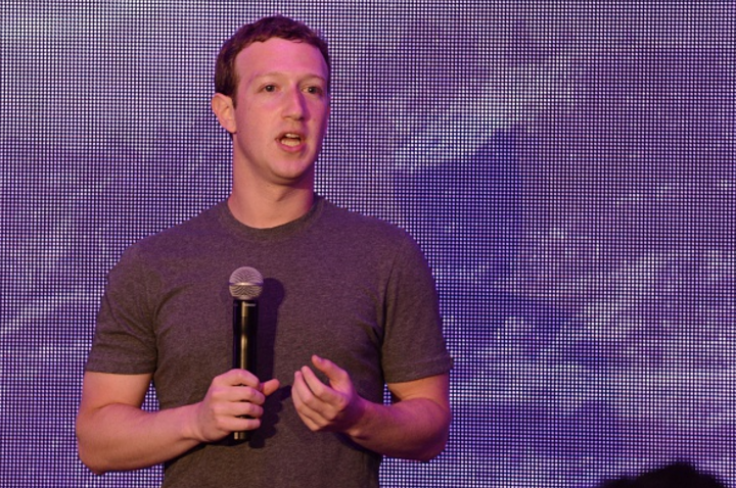Facebook Free Basics Simulator Lets Developers Build For Any Bandwidth

SAN FRANCISCO — Facebook is making it easier for developers to build apps for developing countries. The social network is giving developers access to its Free Basics program, which is geared toward bringing billions of people online who have limited access to bandwidth.
The tools include a Free Basics simulator and demographic insights to better test and optimize new services for the platform, Facebook announced Tuesday at its F8 developer conference here. Launched in September, Free Basics offers Facebook and a select number of websites for free to users. The platform has more than 500 services that are optimized for people with older devices and limited bandwidth access.
Free Basics has given access to more than 25 million people around the globe and is targeted at the more than 4.1 billion people are still offline, in addition to those with low-bandwidth or expensive data connections.
The Free Basic Simulator allows developers to test the functionality of their services in such markets. Through an initiative called “2G Tuesdays,” Facebook has been using the system to help its engineers and employees keep in mind hardware and network constraints while they build the service for new users with limited connections.
“The more people online, the better for all us,” Ime Archibong, director of strategic partnerships at Facebook, said during the keynote at F8.
25 million people have used Free Basics (Zuck has mentioned Indonesia, Colombia but *not* India) #F8 pic.twitter.com/zeqAy3Sw3G
— Karissa Bell (@karissabe) April 12, 2016
Developers who build for Free Basics can now access demographic insights. These details are anonymized and aggregated for age range and gender and are shown both overall and by country. This feature allows developers to tailor experiences to their active users.
These two tools are the latest Facebook is offering under Internet.org, its initiative to bring more people online. Internet.org and Free Basics are part of Facebook's effort to build “awareness … by helping people who don’t have access experience the value of the internet for free,” Zuckerberg said during the keynote.
The program has faced scrutiny, however, and has even been banned in India due to concerns of violating net neutrality. Critics in India complained that the platform did not allow for an open internet since sites had to be approved by Facebook. But Archibong asserted that new conversations and advocacy could change that narrative. It’s our job “to understand how we can meet you where you are,” Archibong said.
© Copyright IBTimes 2024. All rights reserved.












